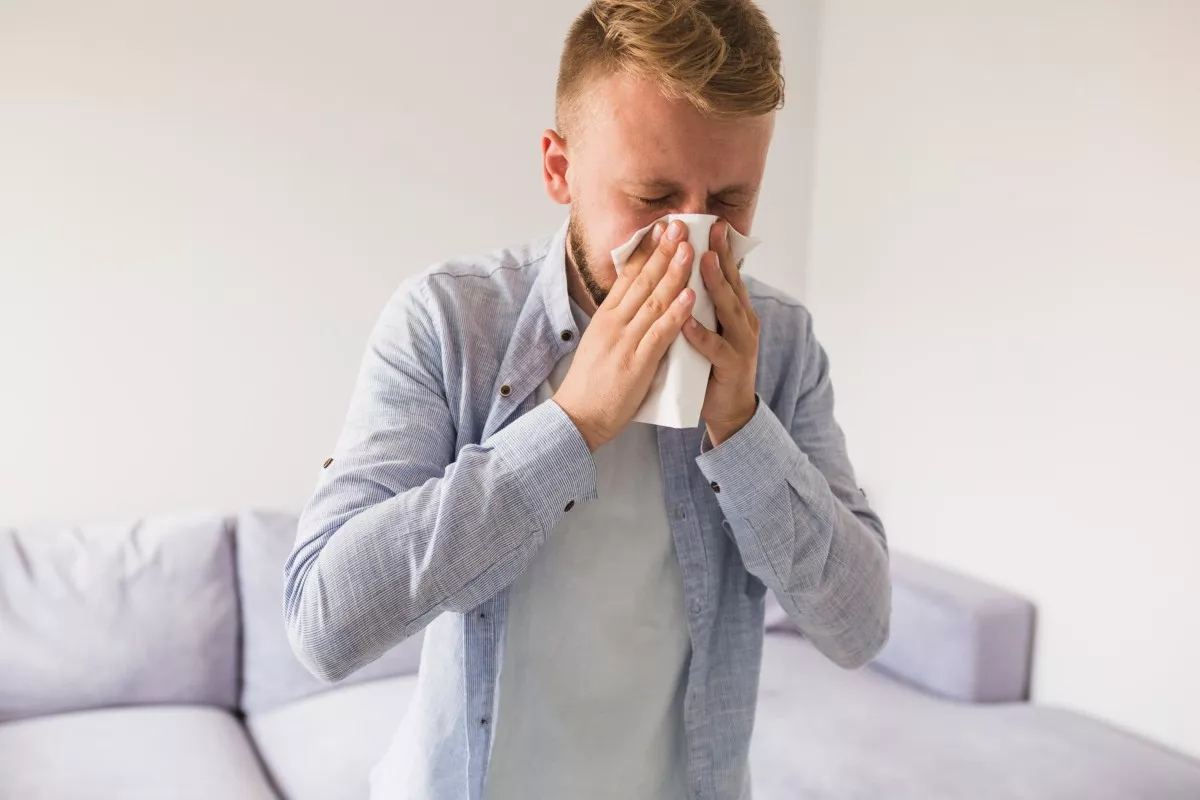Introduction
Tonsils, located at the back of the throat, serve as the immune system’s first line of defense by trapping bacteria, viruses, and other pathogens that enter through the mouth and nose. However, their role in immunity also makes them susceptible to infection and inflammation, leading to tonsillitis. Individuals of all ages can suffer from this condition, but it is more common in children. While mild cases resolve independently, untreated infections may lead to complications such as abscess formation, obstructive sleep apnea, or rheumatic fever. Understanding symptoms, causes, and treatment options is crucial for effective management and prevention.
Understanding Tonsil Symptoms
Tonsillitis presents a range of symptoms that vary based on severity and cause. The most common symptoms include:
• Sore throat and difficulty swallowing: Inflammation of the tonsils can cause pain when eating or drinking.
• Enlarged, inflamed tonsils may show white patches or pus, indicating a bacterial infection, most commonly strep throat.
• Fever and chills: A systemic response to infection, often more pronounced in bacterial tonsillitis.
• Swollen lymph nodes in the neck: The body’s immune response leads to enlarged lymph nodes, which may be tender to touch.
• Ear pain and headaches: The proximity of the tonsils to the Eustachian tubes can result in referred pain in the ears.
• Bad breath and voice changes: Bacterial overgrowth and mucus buildup can contribute to halitosis and a muffled or scratchy voice.
It is essential to distinguish between inflamed tonsils (tonsillitis due to irritants or mild infections) and infected tonsils (which involve active viral or bacterial pathogens). Recurrent or chronic tonsillitis—defined as multiple infections within a year—may require further medical evaluation.
Causes of Tonsil Inflammation and Infection
Tonsillitis can have multiple causes, including:
• Viral infections: Approximately 70% of tonsillitis cases are viral, caused by pathogens like: rhinovirus (common cold), influenza, Epstein-Barr virus (mononucleosis), and adenovirus. It is common for viral infections to resolve on their own, but symptomatic treatment may be necessary.
• Bacterial infections: Streptococcus pyogenes (group A strep) is the most common bacterial cause, requiring antibiotic treatment to prevent complications like rheumatic fever or kidney inflammation (post-streptococcal glomerulonephritis).
• Allergies and environmental irritants: Chronic exposure to smoke, dust, pollution, and allergens can lead to persistent tonsillar inflammation.
• Chronic tonsillitis: Frequent or unresolved infections can result in persistent inflammation, often requiring medical or surgical intervention.
Home Remedies for Inflamed Tonsils
For mild viral or irritant-induced tonsillitis, the following at-home treatments can help relieve symptoms and support recovery:
• Warm salt water gargle: Dissolving ½ teaspoon of salt in 8 ounces of warm water and gargling helps reduce inflammation and kill bacteria.
• Herbal teas and honey: Chamomile, ginger, or licorice root tea can provide anti-inflammatory and antimicrobial benefits, while honey soothes throat irritation and has antibacterial properties.
• Hydration and lozenges: Drinking warm fluids, such as broths and herbal teas, helps to keep the throat moist. Lozenges containing menthol or benzocaine can temporarily numb throat pain.
• Steam inhalation and humidifiers: Moist air can soothe the throat and prevent excessive dryness, reducing irritation and coughing.
• Rest and soft foods: Prioritizing sleep supports immune function, while softened, easily digestible foods like yogurt, mashed potatoes, and soups help avoid further throat irritation.
Medical Treatments for Tonsillitis
Seeking medical intervention is essential if symptoms persist beyond a few days, worsen, or involve difficulty breathing or swallowing.
Medical treatments include:
• Antibiotics: If a bacterial infection (such as strep throat) is confirmed via a throat swab, a 5-day course of antibiotics (typically penicillin or amoxicillin) is prescribed. Completing the entire course is crucial to prevent complications.
• Pain relief medications: Over-the-counter analgesics like ibuprofen (NSAIDs) or acetaminophen help manage throat pain and fever.
• Corticosteroids: In severe cases with significant swelling, a brief course of corticosteroids like prednisone may be taken to reduce inflammation and ease breathing.
• Tonsillectomy: Surgical removal of the tonsils may be recommended for individuals experiencing frequent tonsillitis (typically more than 5-7 episodes per year) or complications like peritonsillar abscesses or obstructive sleep apnea.
Preventing Tonsil Infections
Taking proactive measures can reduce the risk of developing tonsillitis:
• Boost immunity: Consuming a nutrient-rich diet with plenty of fruits, vegetables, and lean proteins helps support immune function. Regular exercise, adequate sleep, and stress management contribute to a stronger immune system.
• Practice good hygiene: Frequent handwashing, avoiding close contact with infected individuals, and not sharing utensils, drinks, or toothbrushes help minimize exposure to infectious agents.
• Avoid allergens and irritants: Limiting exposure to tobacco smoke, air pollutants, and strong chemical fumes can prevent chronic throat irritation and inflammation.
• Vaccination: Staying up-to-date with flu shots and other recommended vaccines can reduce the risk of viral infections that may lead to tonsillitis.
Conclusion
Tonsillitis, while often mild, can cause significant discomfort and, in some cases, serious complications. Early identification of symptoms and proper treatment—whether through home remedies, medical intervention, or preventive measures—can help manage the condition effectively. If tonsillitis becomes recurrent or leads to breathing difficulties, consulting a doctor for advanced treatment options, including surgery, is advisable. Maintaining good hygiene, a strong immune system and a healthy lifestyle are key to reducing the likelihood of tonsil infections.











